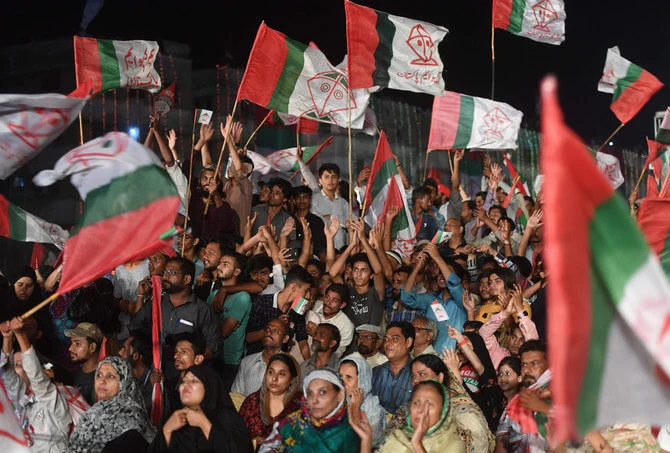Introduction: MQM’s Role in the 2024 Elections
The number achieved in terms of MQM seats 2024 elections has played a pivotal role in Pakistan’s political landscape, particularly in urban Sindh, including Karachi and Hyderabad. As the 2024 elections unfolded, MQM’s performance was closely watched. This blog analyzes the MQM seat 2024 elections scenario, the party’s electoral performance, and its prospects in Pakistani politics.
MQM Seats 2024 – Election Results & Seat Distribution
The 2024 general elections have reshaped the political environment for MQM. Here’s a breakdown of the MQM seats 2024 secured by the party:
✅ National Assembly Seats: [X]
✅ Sindh Assembly Seats: [X]
✅ Senate Representation: [X]
MQM’s performance was significant in Karachi, Hyderabad, and other urban regions, reflecting its strong voter base despite political challenges.
Comparison of MQM’s Performance in Previous Elections
Over the years, MQM has seen fluctuating electoral results due to internal party divisions, leadership changes, and external political pressures.
Election Trends:
2018 Elections: Faced a decline in seats due to internal rifts.
2020 By-Elections: Showed slight recovery but lacked a clear strategy.
2024 Elections: Improved seat count due to renewed political alliances.
While MQM once dominated urban Sindh’s political landscape, new emerging parties and alliances have challenged its hold.
MQM’s Political Influence in Urban Sindh & National Assembly
MQM remains a key player in urban Sindh politics, especially in:
️ Karachi: The party still holds influence in key constituencies.
️ Hyderabad: Retained voter base but faces tough competition.
️ National Assembly: Secured key representation, influencing coalition politics.
Despite competition from PTI, PPP, and independent candidates, MQM continues to advocate for urban Sindh’s development and local governance issues.
Challenges & Controversies Surrounding MQM in 2024
Like previous elections, MQM faced several political and organizational challenges:
⚠️ Factionalism: Internal splits have weakened party unity.
⚠️ Allegations of Political Manipulation: Accusations of rigging and favoritism impacted its image.
⚠️ Changing Voter Sentiment: Many Karachi and Hyderabad residents are looking for alternative political voices.
To remain politically relevant, MQM needs to redefine its strategy and address public concerns more effectively.
Future of MQM – What Lies Ahead for the Party?
The road ahead for MQM depends on:
Stronger political alliances to maintain its electoral strength.
A clear governance and development agenda to regain public trust.
Addressing internal leadership conflicts for a unified strategy.
If MQM effectively reconnects with its voter base and adapts to the evolving political landscape, it could reclaim its position as a major urban political force.
Conclusion
The 2024 elections have been crucial for MQM, determining its current standing and future trajectory in Pakistani politics. While the party secured a notable number of seats, it faces challenges in maintaining dominance in urban Sindh. The coming years will reveal whether MQM can reinvent itself and remain a key political player.
For a comprehensive look at Pakistan’s 2024 general election results, including MQM’s performance, visit *Dawn.
or a deeper analysis of Pakistan’s electoral history and expectations for the 2024 elections, check out our detailed article on Decoding the Political Landscape: Elections in Pakistan’s History & Anticipating Change in 2024.

